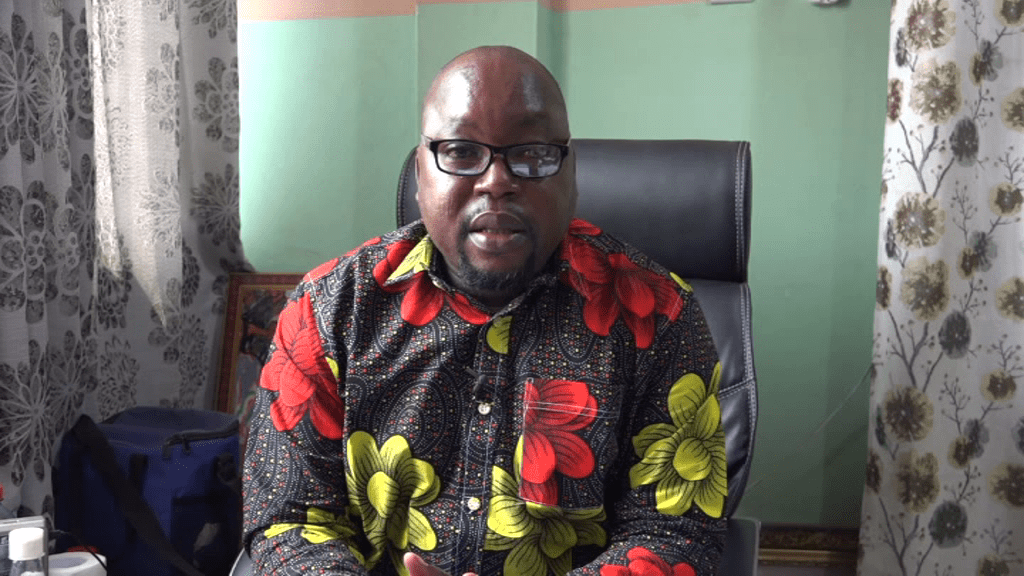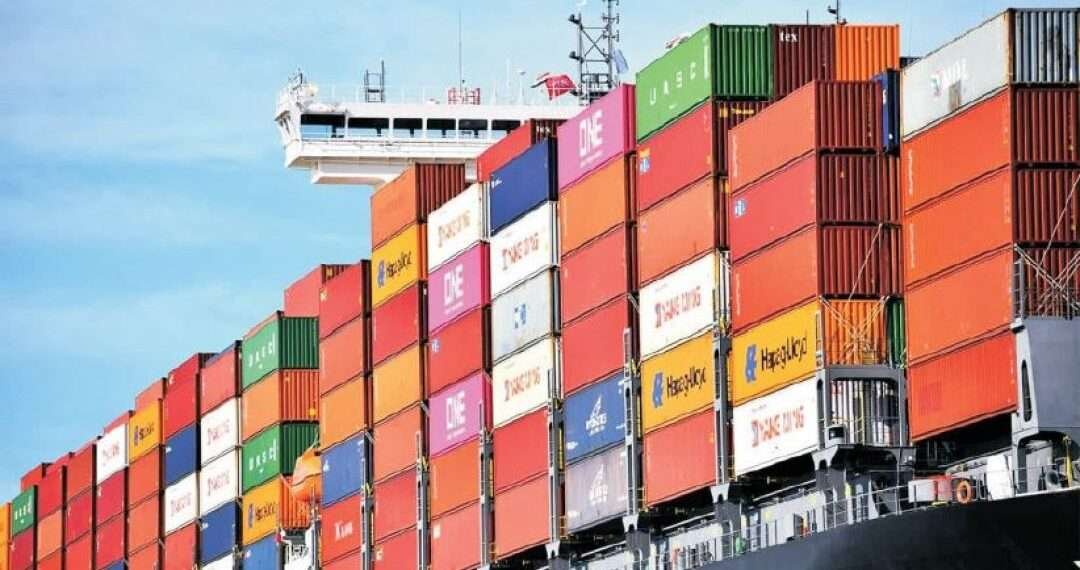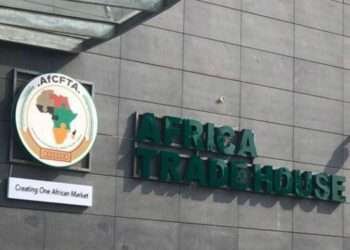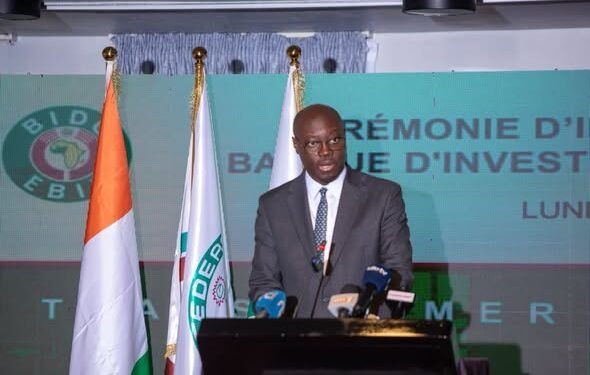The Importers and Exporters Association of Ghana has lauded President John Dramani Mahama’s recent directive to subject shipping line charges to parliamentary scrutiny, describing it as a critical intervention that could help ease the cost of doing business and reduce prices of goods and services in the market.
The directive, announced by President Mahama during a high-level meeting with the leadership of the Ghana Institute of Freight Forwarders (GIFF) at the Jubilee House on Friday, July 11, seeks to eliminate unapproved administrative charges imposed by shipping lines and to bring greater transparency to Ghana’s port operations.
According to the Executive Secretary of the Importers and Exporters Association, Mr. Samson Asaki Awingobit, the president’s move, if fully implemented, could offer significant relief to businesses and consumers alike.
“If the government succeeds by getting parliament to approve these handling charges, and shipping lines are made to strictly comply with the law, the number of duplicated charges will be a thing of the past.”
Mr. Samson Asaki Awingobit
He further explained that port-related costs have been a major driver of inflation in Ghana, due to their ripple effect on the final retail prices of imported goods. “This will boost morale and reduce the cost of doing business at the ports, and of course, it will eventually extend to the consumer. We’ll see a total reduction in the cost of goods on the market,” he added.
Arbitrary Port Fees Under Fire
Concerns over arbitrary and excessive port charges are not new. Freight forwarders and importers have, over the years, decried the proliferation of unjustified handling and administrative fees levied by shipping lines, some of which are charged in US dollars.
One particularly contentious issue raised by freight operators is the imposition of administrative fees per container, even when multiple containers are shipped under a single bill of lading. This, they argue, amounts to exploitation and imposes undue financial strain on importers, especially those operating on thin margins.

President Mahama’s response to these concerns, industry insiders say, signals a shift towards tightening regulatory oversight at the country’s ports—a move that is being viewed as both pro-business and pro-consumer.
A Win for Transparency and Parliamentary Oversight
The president emphasized that his directive is aimed at promoting greater transparency in Ghana’s import and export regime. By mandating that all shipping line charges receive parliamentary approval, the government hopes to stamp out arbitrary levies and encourage a more predictable and lawful trading environment.
“This is not just about economic efficiency; it’s about fairness and transparency. For too long, businesses have had to endure charges that lack legal backing. It is time to bring order to our port system.”
Mr. Samson Asaki Awingobit
Stakeholders believe that this legislative route will ensure accountability while providing lawmakers the opportunity to vet and debate charges before they are passed on to businesses and consumers.
Longstanding Port Bottlenecks in Focus
Mr. Awingobit pointed out that this policy shift, though long overdue, is a welcome attempt to address the longstanding bottlenecks that have plagued the import and export sector in Ghana. The cost of clearing goods at the ports, he said, has become “a nightmare” for many businesses, some of which are forced to shut down or pass inflated costs onto the consumer.
“Imagine paying for one bill of lading but being charged the same administrative fee for every single container. It’s like paying rent for one house, but being billed separately for every room.”
Mr. Samson Asaki Awingobit
As the import and export community waits to see how swiftly Parliament acts on the president’s directive, there is cautious optimism that this could mark the beginning of a broader reform of port operations in Ghana. Analysts argue that reducing port costs will not only help businesses thrive but also contribute to lowering inflation and improving living standards.
Whether this reform will survive bureaucratic inertia and vested interests, however, remains to be seen. But if implemented effectively, it could prove to be one of the most impactful economic interventions in Ghana’s recent history.
READ ALSO: BoG Blows $1.4 Billion in Forex in Just Three Months—IMF Raises Red Flags























